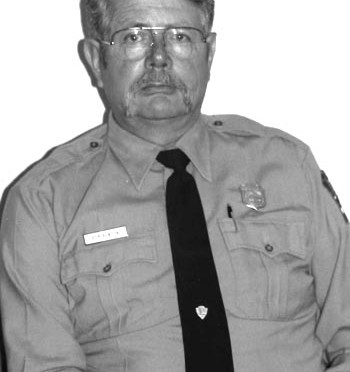In the Hartzog years, were you associated with a new area or were you mainly in established areas?
I was the first district ranger at Fire Island. Under that concept, I also was responsible in quite some measure for interpretation. But nobody knew how those lines were drawn. In other words, we had both a chief ranger and a chief naturalist and so the district ranger, which is where I was, was kind of pushed by two different people. You really had, in some ways, two bosses. So it was a little awkward, and interpretation somehow got a little short-shifted. In most cases, it was because the system had never been drawn up in a way that it would work, I’ve always believed that if you’re going to have a chief of I&RM (4), then you are going to take it to the finest point, you often need a district I&RM. You have to subtract that all the way down. It’s very difficult.
Are you a believer in that idea, or would you rather have them separate?
That’s a complicated question. First, we have an awful lot of people competing to get into the National Park Service that really are not equipped to be in the Park Service. They don’t have the right academic background and they don’t have the right seasonal experience. We have an awful lot of people out there that have no business being in ranger uniforms. You do have to have a balanced outcome. If not subject-matter experts, you do have to have people that academically are oriented towards where you want to be. In other words, Crater Lake, within the parameters of ranger interpreters and whatever, really has to have some people that know something about law enforcement. You do definitely have to have people that are sensitive and have a background in biology. You do have to have somebody in geology. You have to have those people somewhere in the mix. And you have to have a historian.


